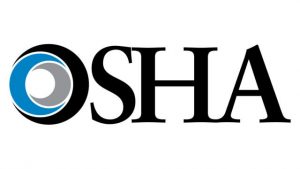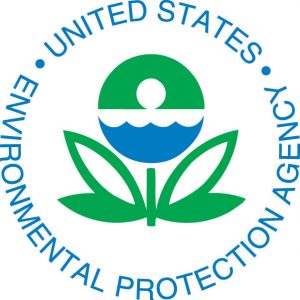Make sure all employees are aware of these requirements…as it is everyone’s job to keep the environment clean and safe. Operating a salon or spa requires a great deal of care and consideration into everyday aspects of the business. Often times, the busier the salon the more procedures can sometimes break down and before you know it you discover you’re in violation of some fairly common safety & sanitation guidelines. No matter what type of services you offer: hair care, nail care, tanning, or body care services there are very specific Federal and State Requirements that have been put in place to ensure that your clients, employees and the establishment itself is safe and attention is paid to these standards on a day-to day basis.
We’ve compiled a helpful list of some of the most critical requirements to be aware of that should be part of a daily procedural review and checklist prior to the business opening for the day. Make sure all employees are aware of these requirements…as it is everyone’s job to keep the environment clean and safe. Make sure you research any additional state or city requirements that may be applicable in your area.

The FDA has jurisdiction over all cosmetics, drugs, and foods. There are several rules and regulation within the salon industry that must be followed. Check the FDA website (below) often to keep informed as to all the regularly changing standards and requirements. Each state also carries its own set of rules and requirements governing salon activities. Be certain to follow state web sites regarding these requirements on an ongoing basis.
Few people know that the FDA regulates all hand cleaners, hand sanitizers, and anti-bacterial hand washes as these are viewed by the FDA as Over-The-Counter (OTC) Drugs because they contact the skin and kill germs. Be certain to purchase these type products only from reputable suppliers and that the label includes an FDA NDC (National Drug Code) number.
 Bloodborne Pathogen Standard
Bloodborne Pathogen StandardBlood and other bodily fluids must be cleaned up and disposed of according to specific protocol. If the employee’s job description is one that puts the employee in regular contact with blood or Other Potentially Infectious Materials (OPIMs), OSHA may require such employees to obtain an HBV inoculation.
It is the responsibility of the salon management and ownership to keep the work environment safe and free of potential slip-fall accidents. Back injuries from slip fall accidents account for more than half of all lost time work accidents. OSHA requires that wet floors and other potentially dangerous situations be properly called to the attention of employees, the public, and of course customers. The standard also calls for the mitigation of any and all unsafe work practices such as cords on the floor, unsafe electrical outlets, old matting which might cause a tripping accident, and many other situations you should regularly audit your facility for to prevent an unsafe environment, injury, and lawsuit.
PPE, (Personal Protective Equipment), is required for any cleaning or work task that potentially puts the employee at risk of contact with any potentially dangerous object, chemical, or accident (such as falling).
 EPA Pedicure Spa Rules
EPA Pedicure Spa RulesThe EPA has specific rules regarding the cleaning of pedicure spas. Check the website below often to keep informed as to all the regularly changing standards and requirements.
The Federal Insecticide, Fungicide, and Rodenticide Act was created to provide federal control of pesticide distribution, sale, and use. All pesticides used in the United States must be registered (licensed) by EPA. Registration assures that pesticides will be properly labeled and that, if used in accordance with specifications, they will not cause unreasonable harm to the environment. Use of each registered pesticide must be consistent with use directions contained on the label or labeling.
Salon disinfectants and sanitizers such as surface disinfectants and comb soaks or sanitizers are regulated by this act. ALL disinfectants MUST be diluted in the manner in which the EPA regulated label on that disinfectant or sanitizer indicates. It is a violation of federal law to dispense such products in a way inconsistent with the exact label instructions found on that product. The pathogens claimed to be killed, the length of contact time required to kill them, the length of time the product is allowed to be used after it is diluted in water, and the dilution ratio utilized to dilute it are all critical issues to follow on the label instructions. Manufacturers making kill claims or dilution claims inconsistent with the label are in violation of federal law and could be fined or incarcerated. Establishments claiming to follow health codes that are not using the product consistent with the label instructions (especially wrong dilutions or using the product past one day after dilution occurs) are also in violation… and worse are putting their clients, their employees, and themselves at risk of 11 cross-contamination. The Federal Insecticide, Fungicide, and Rodenticide Act (FIFRA) website may be found here: